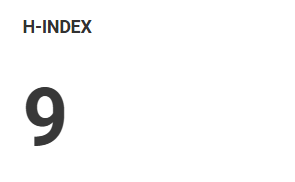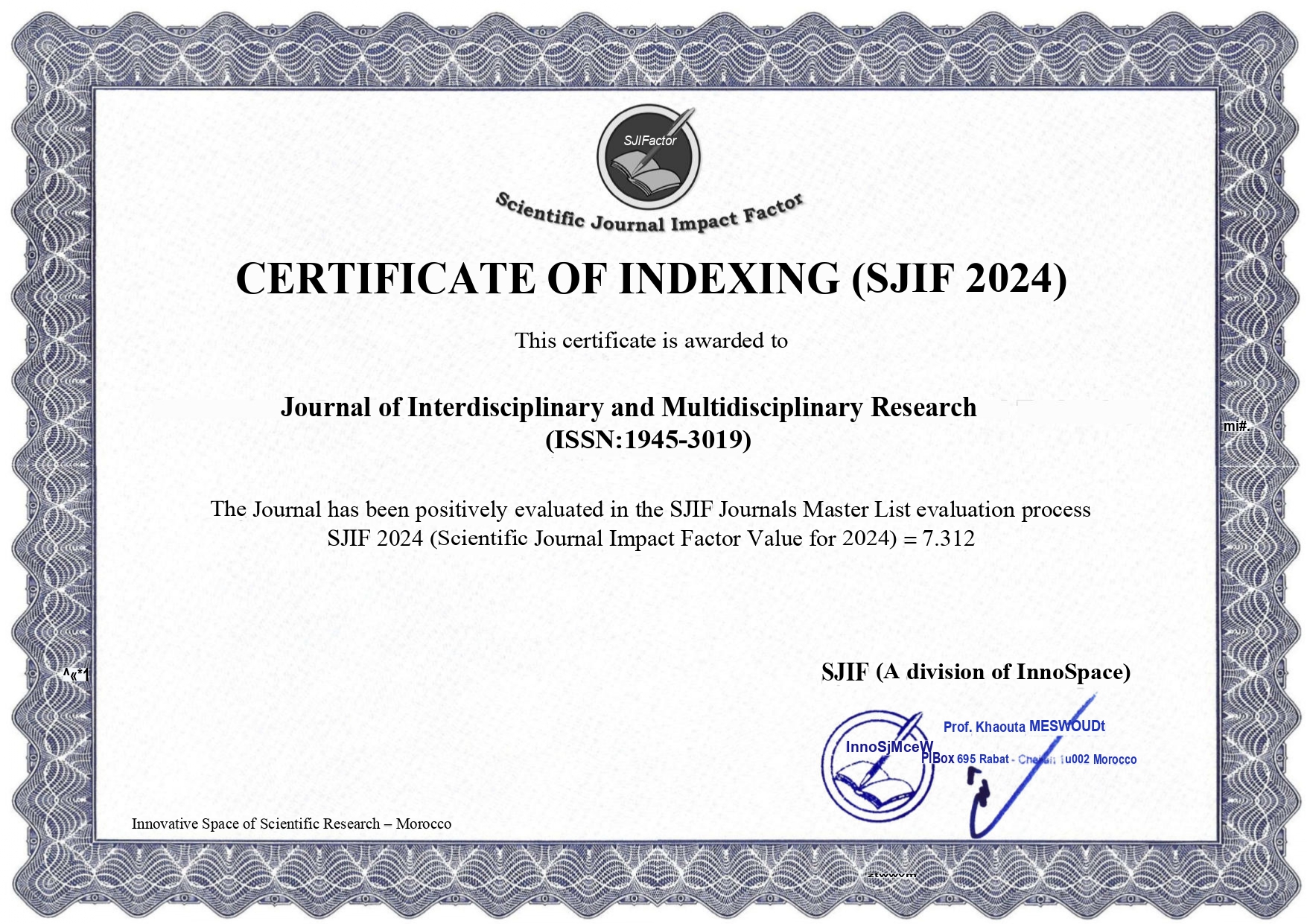Breast feeding practices in a rural area of Haryana, India
Keywords:
Exclusive Breastfeeding, Breastfeeding Practices, Rural India, Infant HealthAbstract
Exclusive Breast Feeding (EBF) should be practiced for the first six months of life, to achieve optimum growth, development and health. In India, breastfeeding is almost universal, but the EBF rate is quite low.The present study was conducted to assess the pattern of breastfeeding practices in rural area of district Rohtak, Haryana. This Cross-sectional study was conducted in PHC Chiri area of block Lakhanmajra, rural field practice area attached with the Department of Community Medicine, Pt. B.D. Sharma, PGIMS, Rohtak during Sept.-Nov.2013. Two anganwadis were chosen randomly from each sub-centre; total of 12 anganwadis were taken. All registered mothers of infants aged 6-12 months from chosen anganwadis were included. A pre-tested, semi-structured interview schedule was used for interviewing the study subjects. A total of 166 mothers of infants aged 6-12 months, were registered at the anganwadis. 8 women, who could not be contacted even after two home visits were excluded from the study. Therefore, a total of 158 women were included in the present study. It was found that Less than one third of mothers (27.8%) initiated breastfeeding within 1hr and more than one third of mothers (36.7%) delayed initiation of feeding by more than 12 hrs. Commonest reason for late initiation was cited as family custom and traditional belief. Around one third of mothers exclusively breastfed for <1month. Only 19 % mothers did exclusive breastfeeding upto 6 months. It may be concluded that the practices related to breastfeeding in the present study were found to be faulty in the majority of mothers. This study emphasizes the need for breastfeeding intervention programs in community especially for the mother during antenatal and postnatal checkups. Customary Practices such as discarding the colostrum, prelacteal feeds etc. should be discouraged.Published
2025-01-28
Issue
Section
Articles
How to Cite
Breast feeding practices in a rural area of Haryana, India. (2025). Journal of Interdisciplinary and Multidisciplinary Research, 10(7), 29-32. https://jimres.org/index.php/jimres/article/view/30






